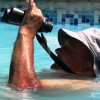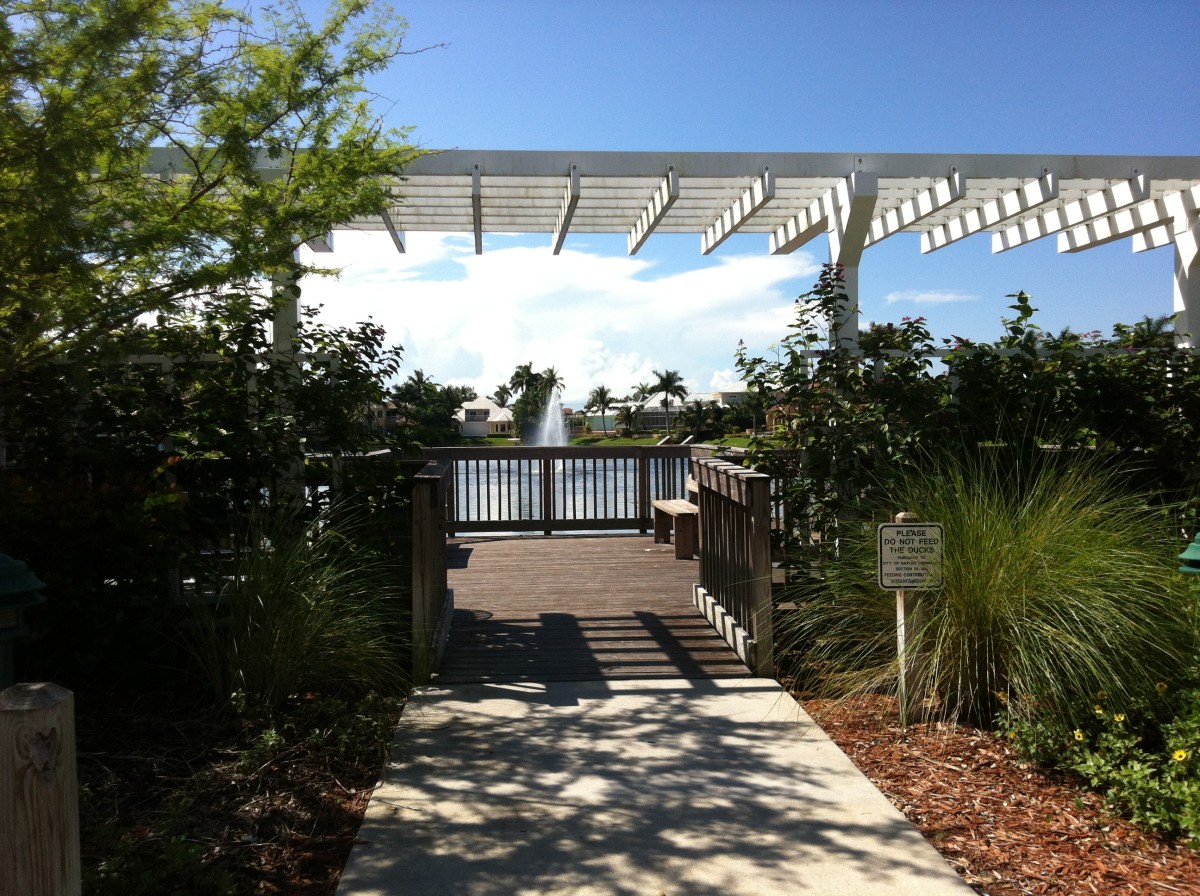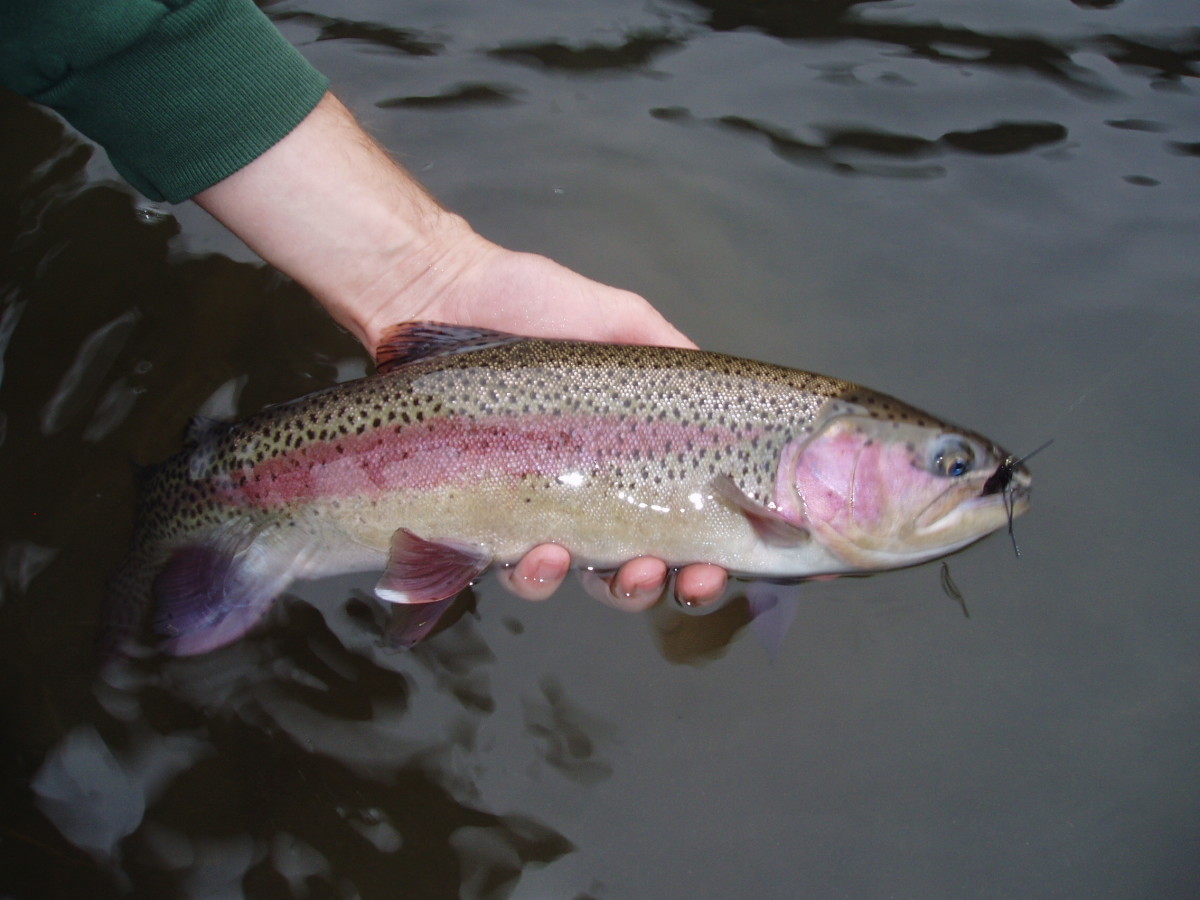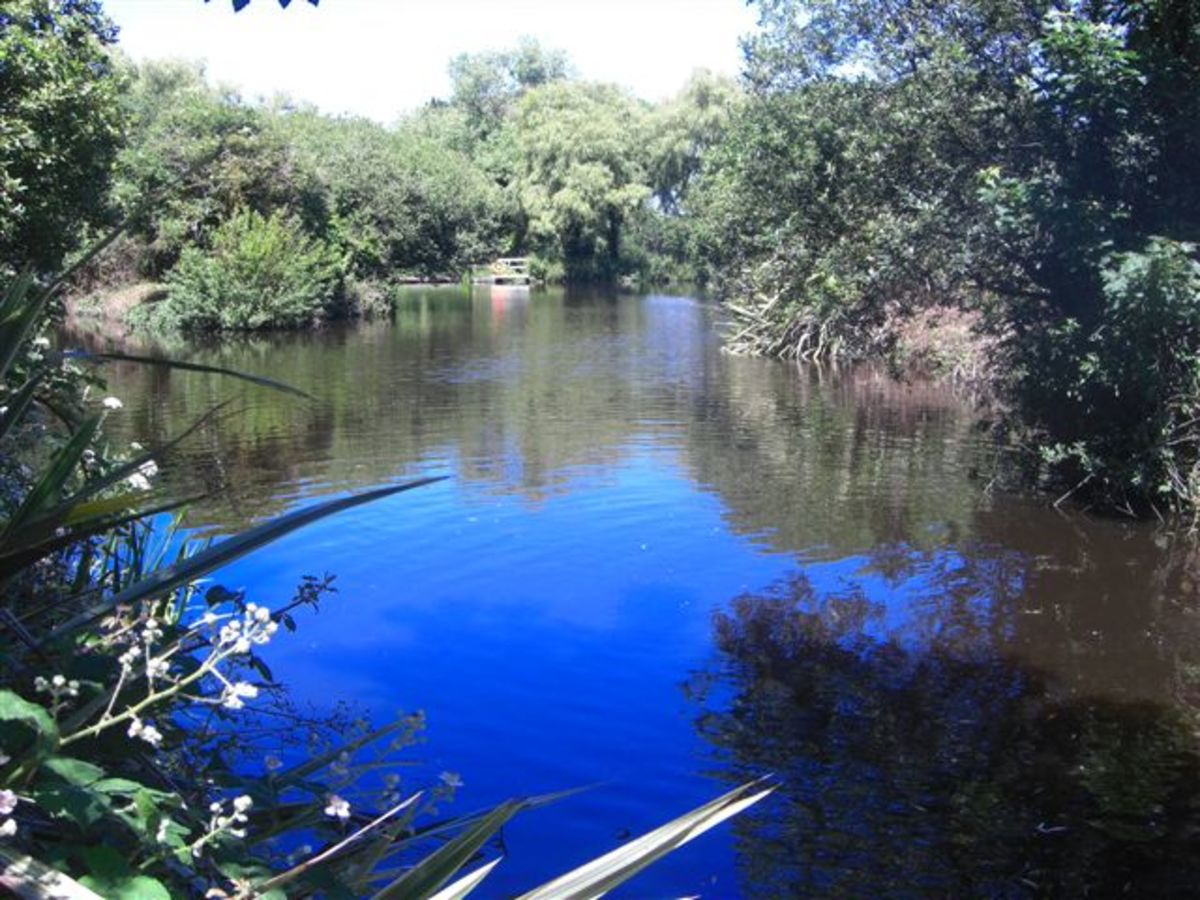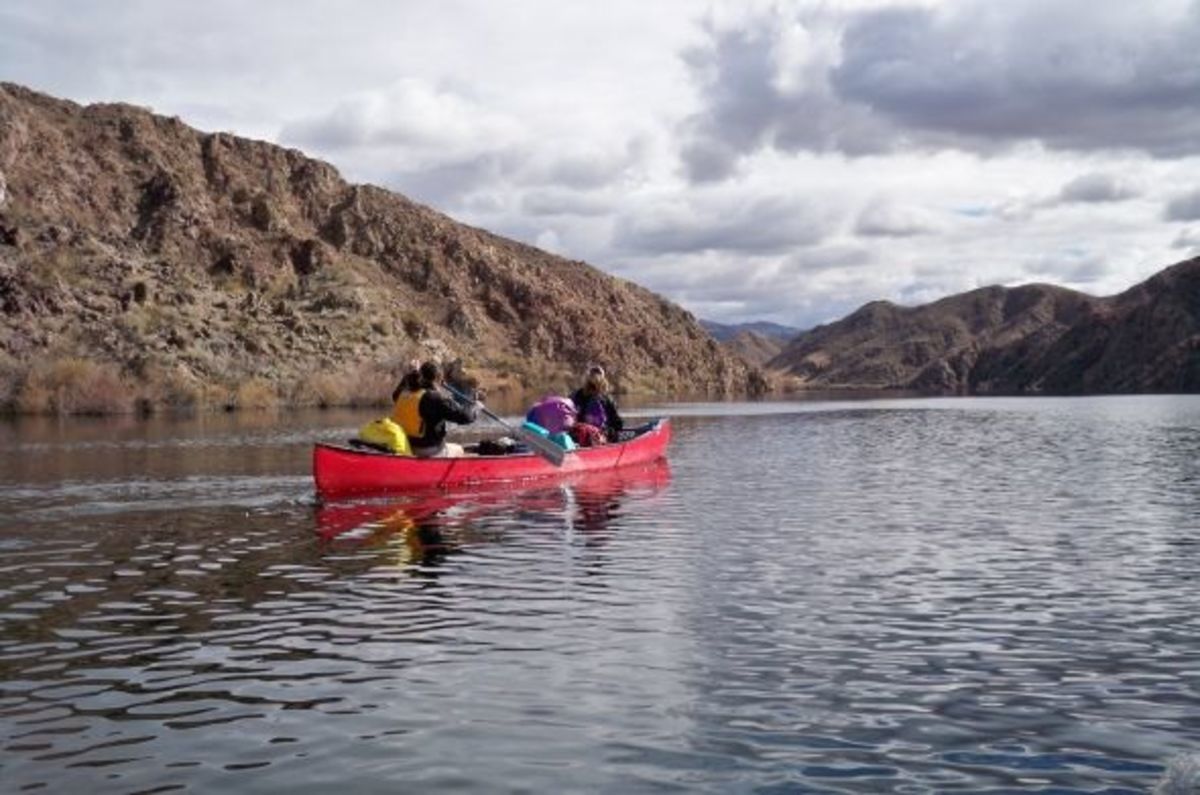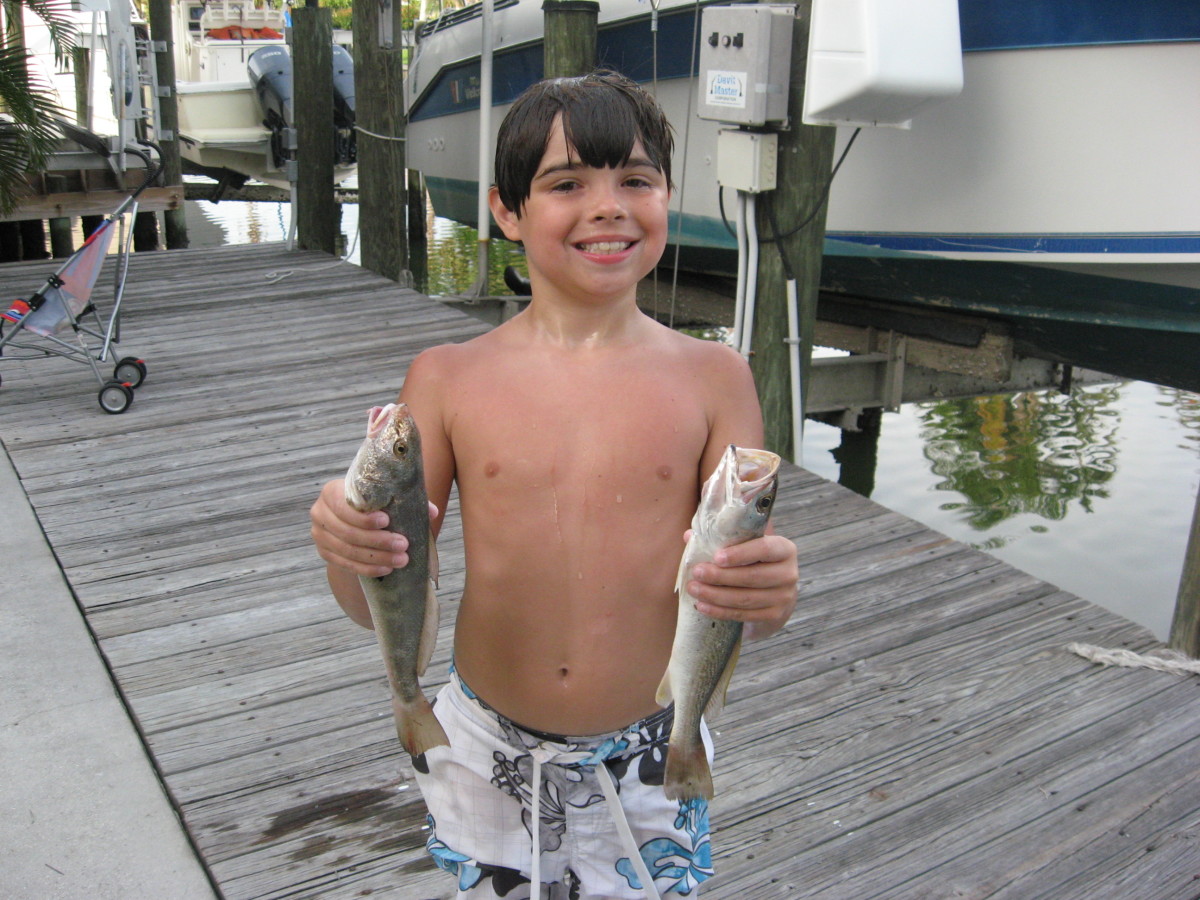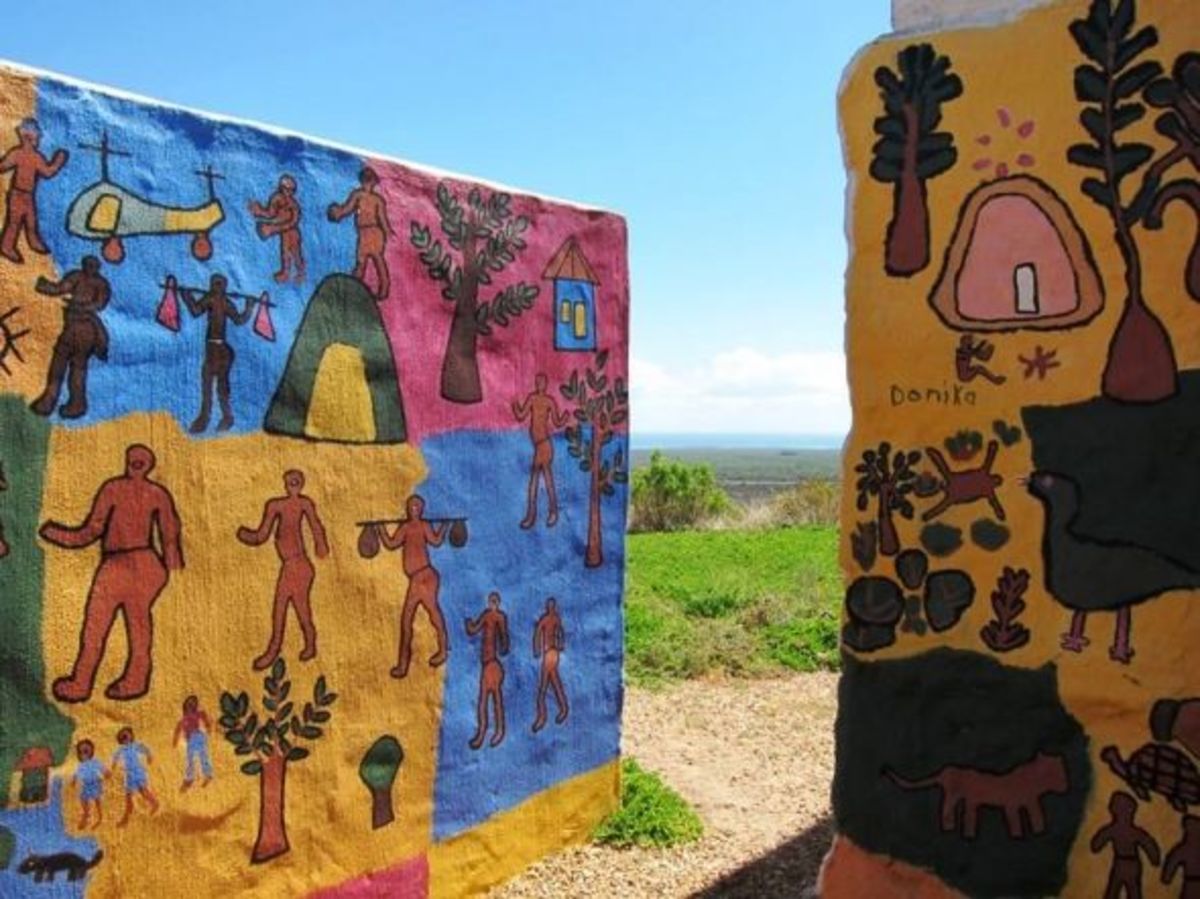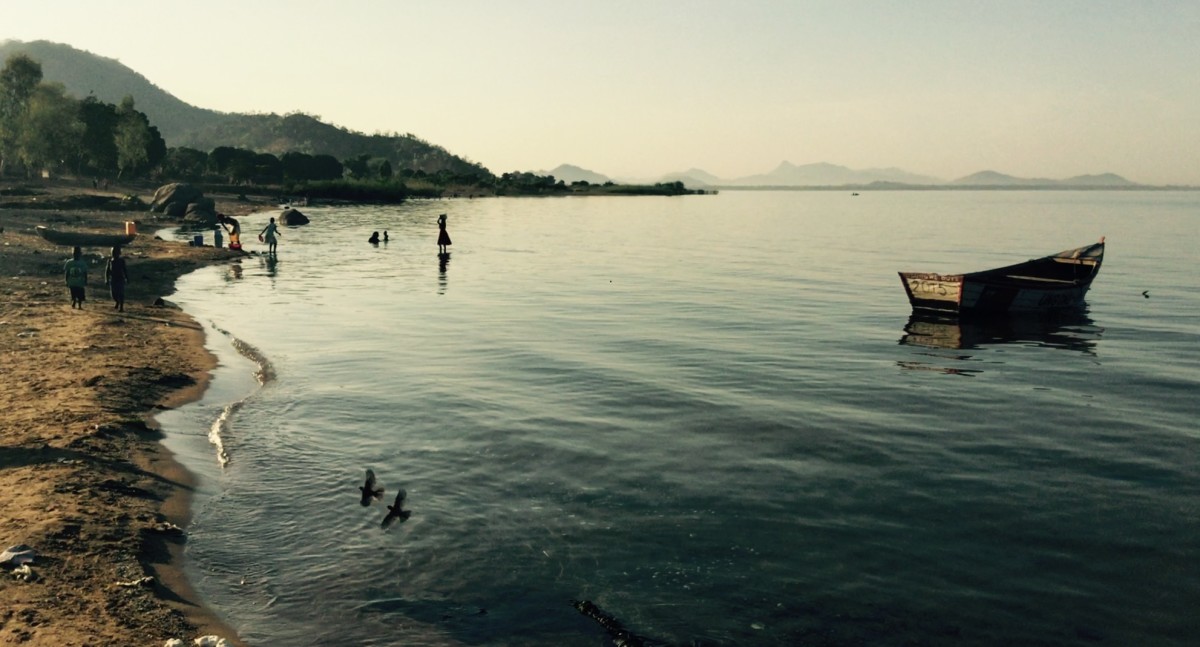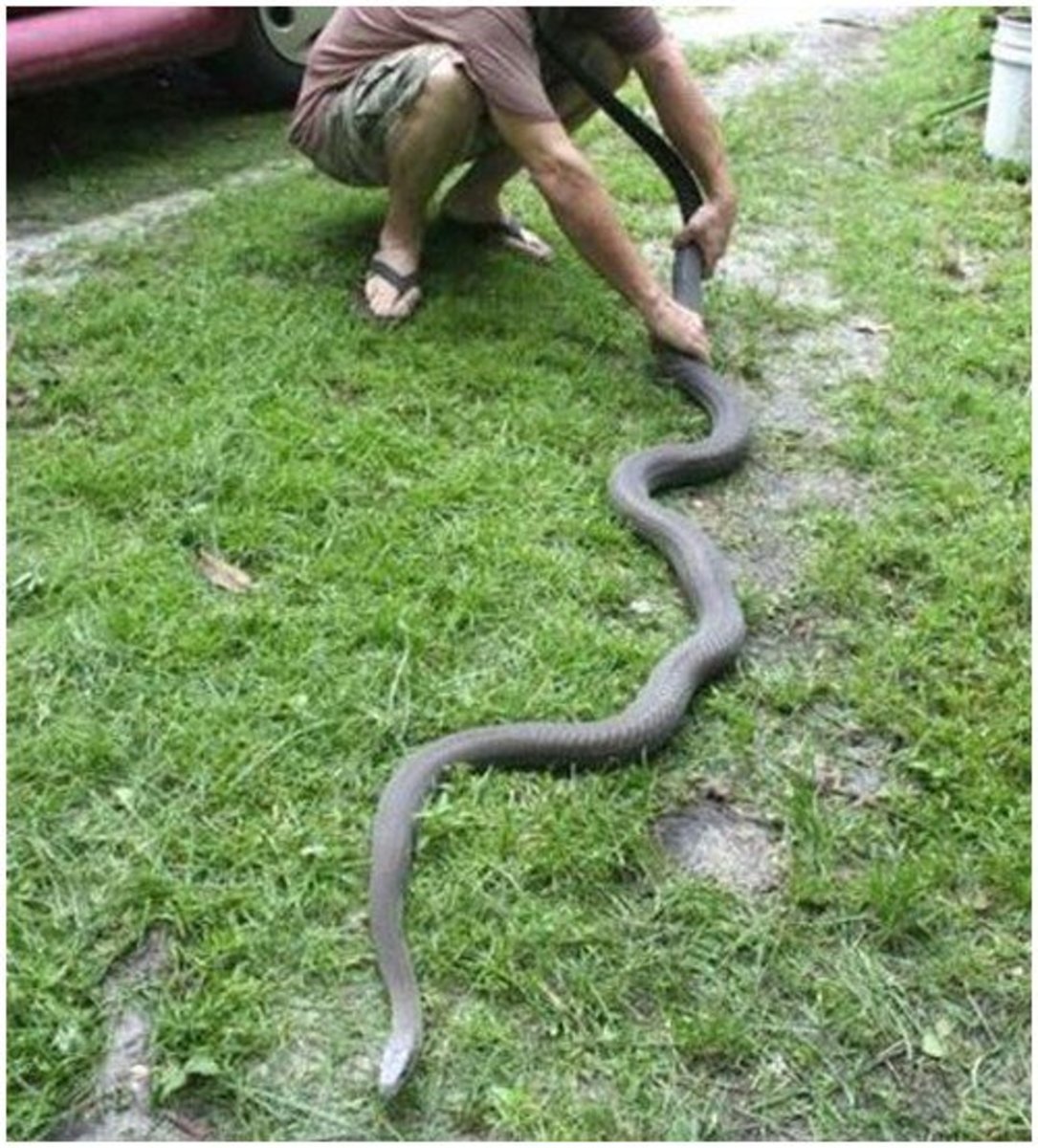Hidden Gems in South Africa -Gubu Dam
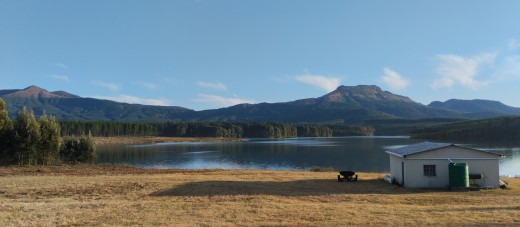
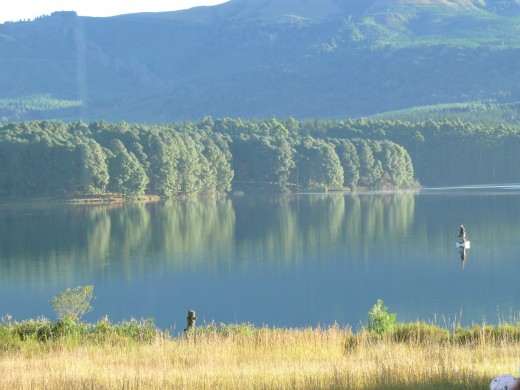
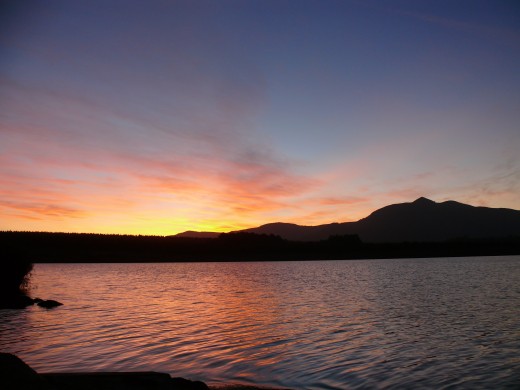
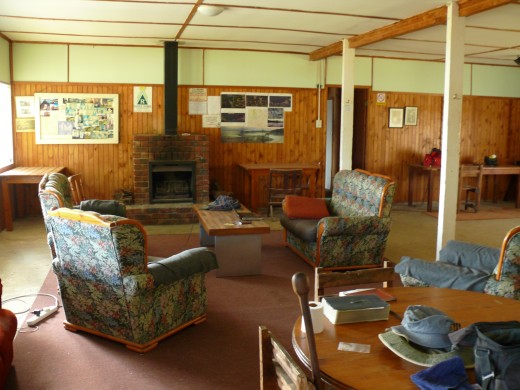
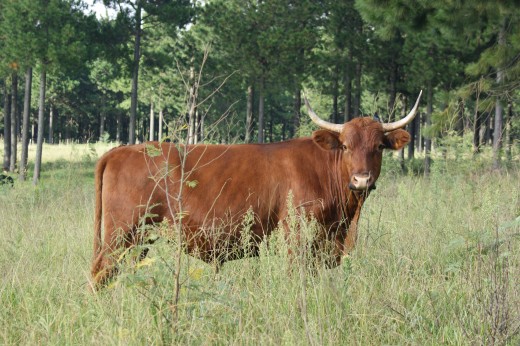
Gubu Dam Revisited
Nestled in the Amatola Mountains of the Eastern Cape is a dam named Gubu. Fed by 5 mountain streams it was completed in1971 by the South African Water Department and is maintained by it. Surrounded by the forestry trees that supply wood to the nearby companies that produce planks and poles for the South African market, it is a beautiful, deep lake that is a joy to behold. It also supplies water to this part of the Easter Cape and is located about 70km, as the crow flies, from East London and 30km from Stutterheim.
Situated on one of the banks are a couple of workers houses that accommodate those responsible for maintenance of the dam. Next to them is a larger house that for many years has housed the bailiff who is in charge of the fishing rights on this trout dam. Nearer the edge of the water is a clubhouse that offers accommodation to those who are members of the Amatola Fly-fishing Association and their guests. Two large lounge areas and a fully equipped kitchen are available, as are three bedrooms and also some beds in one of the lounges. Two bathrooms are available, one for men and one for women. All in all it is just a basic setup that allows for quite large groups to enjoy the dam. Next to the clubhouse under some fir trees, is a camping area with an electricity point.
The dam is stocked with Rainbow and Brown Trout and provides challenging fishing from the bank and from boats and float-tubes that are used by many members. Only electric motors are allowed. The trout are wild trout and so fishing is a greater challenge than on dams where the trout are fed by humans.
On one bank of the dam, hidden among the trees, is an overnight cabin that is part of the Amatola Hiking Trail. This is a 6 day, 5nights, 100km trail that begins near Quence (previously called King Williamstown) at Maden Dam and ends at the small village of Hogsback. It is a very challenging but amazingly beautiful hike through the mountains.
Along the grassy slopes of the dam, near the water, a herd of cattle can often be seen grazing. These cattle belong to farmers from the nearby villages near Keiskama Hoek ,who have been granted grazing rights through the local Chieftain and the Forestry Department. In the past antelope have been seen grazing on the edges of the dam and a family of Otters are sometimes spotted in the water, as are Water Monitors (Likkewaans). The area on and around the dam is rich in bird life and at least one pair of Fish Eagles is often seen and heard. Many other birds are active on the dam and it is a pleasure to watch the Little Grebes, Cormorants, Darters and Egyptian Gees feeding in the shallows in front of the clubhouse. The forests and grasslands also provide for the sighting of other raptors and a good selection of highland birds.
Opposite the Club-house under large fir trees is a basic campground that can be hired through the Stutterheim Municipal Offices. Bathrooms and “braai” places are all that is available in this beautiful peaceful area and either small or large groups can use it. Fishing is however, controlled by the Amatola Fly-fishing Association and day rod tickets can be purchased from the Bailiff. Only recognised fly fishing is permitted and there are restrictions on size and quantity of fish kept.
On the fishing front the dam provides many areas where fishing can be done off the bank, including along the dam wall. In order to access many of the other areas a float tube or boat is needed. Many of the boats have electric motors and so using one of these, a fisherman is able to access areas not available otherwise. It is possible to walk around the dam but in many places the tree and plant life along the bank makes fishing there impossible. Like all dams the evening (and sometimes morning ) rise bring many trout to the surface but as all seasoned fly-fishers know the trout then become very selective. When the water gets warmer in the summer it becomes necessary to fish deep to find the fish that live and feed in the colder water.
Gubu Dam is undoubtedly a hidden gem in South Africa and well worth a visit if you are up to the challenge of searching for the elusive wild trout or just want to spend some time in the peace and tranquility of this beautiful area.
